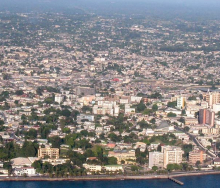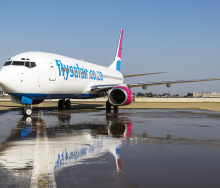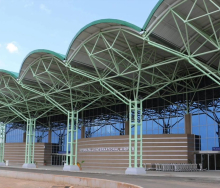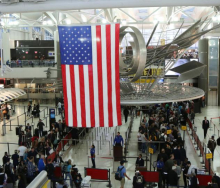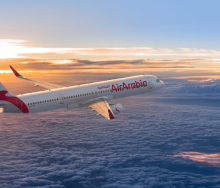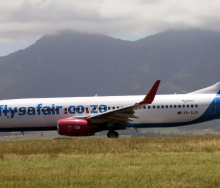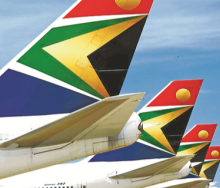Airlines in Africa are expected to reach 2019 levels of revenue passenger kilometres (RPK) in 2024, however this does not mean they will make a profit, warns Iata.
Overall, the industry on the continent delivered a loss of US$0,5 billion (R9,56 billion) in 2023 and at best, expects to reduce this loss to US$0,4 billion (R7,6 billion) in 2024.
Speaking during an Iata webinar, Kamil Al Awadhi, Iata Regional VP for Africa and the Middle East, explained that the African continent remained a difficult market in which to operate airlines, with economic, infrastructure, and connectivity challenges affecting the industry’s performance.
Nevertheless, Iata reported that the continent’s aviation industry was growing and was resilient against many challenges including inflation, fuel prices, safety and security and financial performance.
In its outlook, Iata said inflation on the continent was at an all-time high but he expected a decrease in 2024. Soaring inflation has contributed to the hike in jet fuel prices since mid-2022.
“Africa’s jet fuel price is even higher, by about 10%. This is an issue that is hampering the African airlines as it means that their operating costs immediately are higher than other airlines outside of Africa,” said Awadhi.
Africa’s passenger load factors exceeded 2019 levels by 1%, rising to 74,7%.
“Africa is out-performing (others) when it comes to load factors, globally,” explained Al Awadhi.
North America experienced a 0,5% decrease in passenger load factor and is currently at 85,8% of pre-pandemic levels, while Europe experienced a 1,1% decrease and now sits at 87,2%. Although Africa’s passenger load factor is still significantly lower than other regions, Iata believes it shows signs of further growth in the coming year.
Global international air connectivity in September 2023 was at 90% of pre-pandemic levels, yet African international and local connectivity has experienced a 4% increase compared with 2019.
In response to questions about SAATM’s impact, Al Awadhi said Iata was more focused on levelling the playing field for African airlines (in terms of infrastructure and skills) and liberating blocked funds before pursuing SAATM further.
“The issue of SAATM is complicated… It is too early to talk about connectivity until we sort out the ground rules and try to level the playing field.”
African passenger traffic is expected to recover in 2024. Between 2022 and 2023, there was a 13% increase in traffic. By next year Africa is expected to carry 105% of its pre-pandemic levels of passengers. This is faster growth than that expected by Europe.

